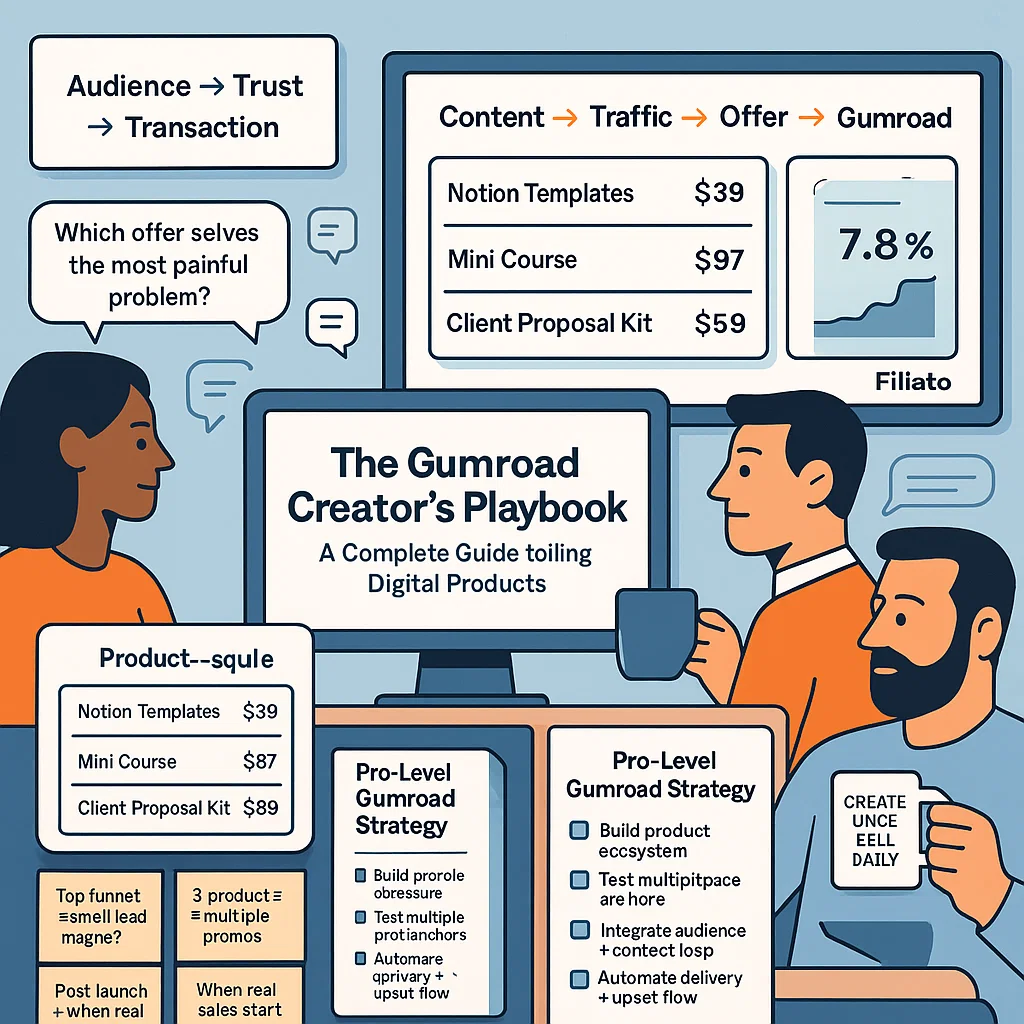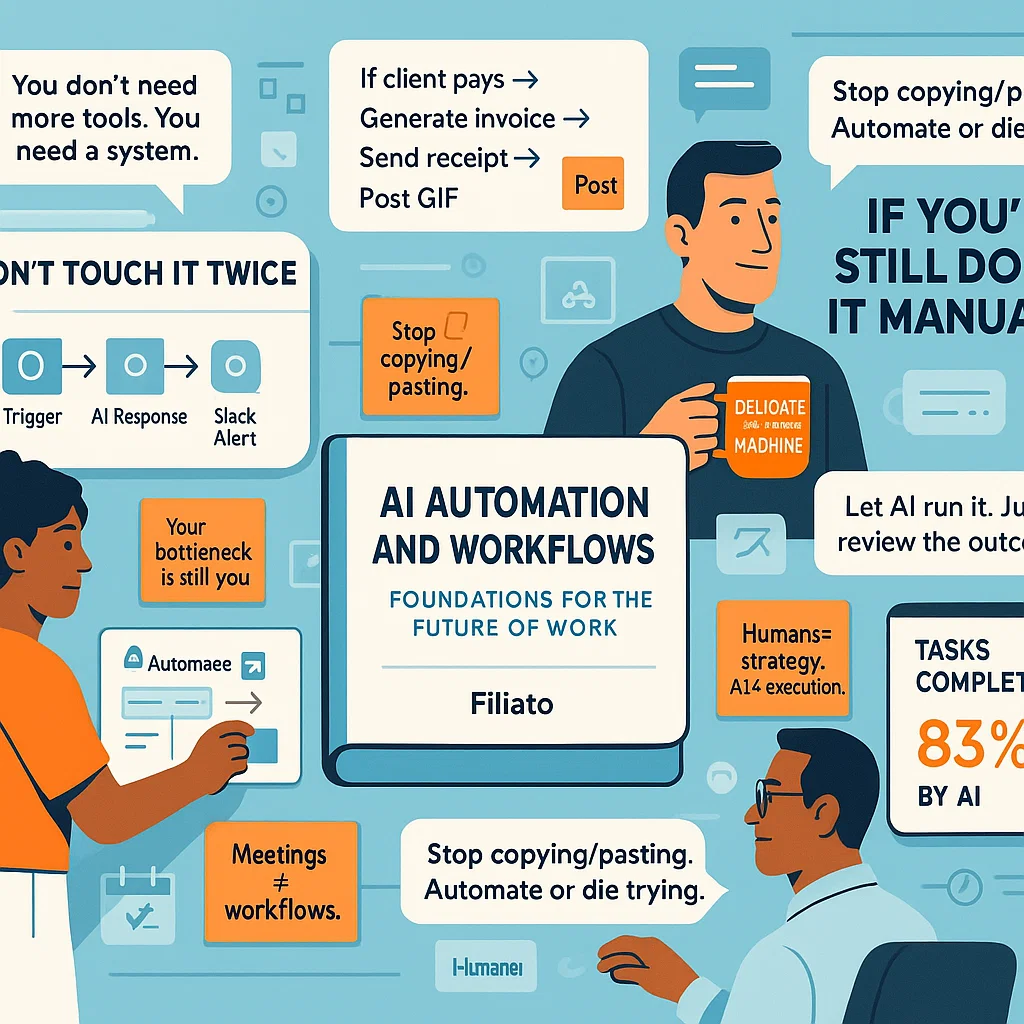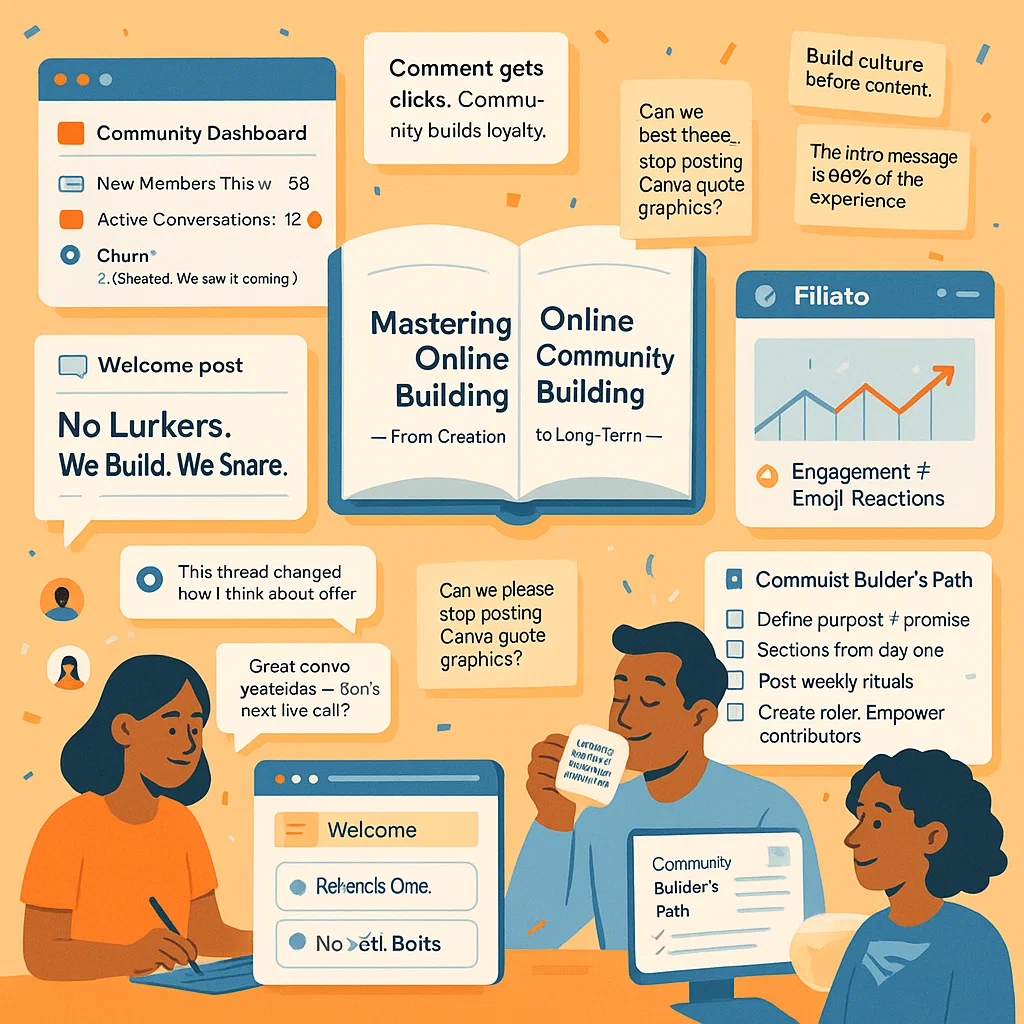High-Ticket Selling for Beginners: How to Break Into Premium Sales With Just 2 Hours a Day
If you’ve ever seen someone close a single deal worth thousands—or tens of thousands—you’ve probably wondered what it takes to operate at that level. Welcome to high-ticket selling: a skillset where the volume is lower, but the value is much, much higher.
Unlike traditional sales, where small purchases and impulse buys dominate, high-ticket selling is about trust, transformation, and long-term outcomes. Think consulting packages, coaching programs, luxury services, or high-end tech solutions.
The opportunity is real—but so is the learning curve.
This guide will walk you through how to get started in high-ticket sales, even if you’re new, short on time, or don’t have a huge audience yet.
What Is High-Ticket Selling—And Why Should You Care?
High-ticket selling involves offering products or services at a premium price—often starting from $1,000 and climbing into five figures. Because of the stakes involved, buyers are more discerning, the sales process is more strategic, and your role shifts from “pitching” to “advising.”
Why this matters for beginners:
- You can earn more with fewer clients
- You’ll develop skills that transfer to leadership, consulting, and negotiation
- It’s one of the most scalable income models for service providers and creators
Whether you’re looking to promote someone else’s offer or launch your own premium service, the core principles are the same: understand the buyer, build value, and solve a high-priority problemIntro High-Ticket Selli….
What to Focus on in Your First 30 Days
Most people rush into selling without laying a strong foundation. If you have just 2 hours a day to learn, here’s how to structure your focus in the early weeks:
1. Understand Who High-Ticket Buyers Really Are
They’re not necessarily wealthy—they’re invested. High-ticket buyers are people or businesses with a real problem they urgently want to solve. That means your job is to listen first, sell secondIntro High-Ticket Selli….
2. Study the Psychology of Premium Sales
People make big investments emotionally, then justify them logically. You’ll need to understand trust signals, perceived value, and how to present an offer that speaks to transformation, not just features.
3. Practice Objection Handling
High-ticket buyers ask better questions—and you’ll need better answers. Learn to treat objections as information, not resistance. The right framing can turn a “no” into a “tell me more.”
4. Build a Repeatable Sales Process
High-ticket success depends on consistency. Build a simple funnel: discovery call > proposal > follow-up. Use tools like CRMs to track conversations and automate parts of your workflow.
5. Simulate Real Scenarios
Roleplay is one of the fastest ways to build confidence. Practice high-ticket conversations out loud, record yourself, or shadow someone experienced. This makes your learning time 10x more effective.
High-Ticket Selling Is Not About Luck—It’s About Systems
Let’s be clear: closing a $5,000 deal isn’t about charisma or lucky timing. It’s about having a system that consistently attracts, qualifies, and converts the right kind of buyer.
That’s why the Filiato guide emphasizes:
- Strategic messaging and positioning
- Tools like CRMs, landing pages, and automations
- SMART goal setting (Specific, Measurable, Achievable, Relevant, Time-bound)
- Sales psychology and value-based communication
- Building trust through case studies, testimonials, and educational contentIntro High-Ticket Selli…
You don’t have to master all of this at once. But you do need to move methodically.
Realistic Expectations: What’s Possible in 2 Hours a Day?
A lot, actually—if you’re focused. Here’s a weekly structure many learners use from the Intro to High-Ticket Selling playbook:
Monday: Learn one key concept (objections, storytelling, prospecting)
Tuesday: Practice messaging or outreach
Wednesday: Study a real-world sales example or analyze a buyer objection
Thursday: Update your offer, profile, or CRM system
Friday: Join a forum or comment on a relevant discussion
Saturday/Sunday: Review notes, reflect, and adjust the strategy
This routine creates real progress—even if you’re starting from scratch.
The Hidden Advantage of Being a Beginner
You might think starting from zero is a disadvantage. It’s not. In fact, beginners have an edge: you’re not stuck in bad habits, outdated methods, or assumptions. You’re adaptable.
If you can commit to learning and experimenting for 30–60 days, you’ll develop:
- Communication confidence
- Clarity around your offer or the one you’re selling
- A personal workflow for managing prospects and leads
That’s enough to begin booking calls, testing pitches, and—eventually—closing real deals.
Final Thought: High-Ticket Sales Is About Mastery, Not Hustle
You don’t need to chase 100 leads a week or spam inboxes to succeed in high-ticket sales. You need to master conversations, positioning, and trust-building.
Whether you’re an affiliate, coach, consultant, or service provider, the skills you develop here will compound over time. And you can start learning them with nothing more than a notebook, an internet connection, and two focused hours a day.


